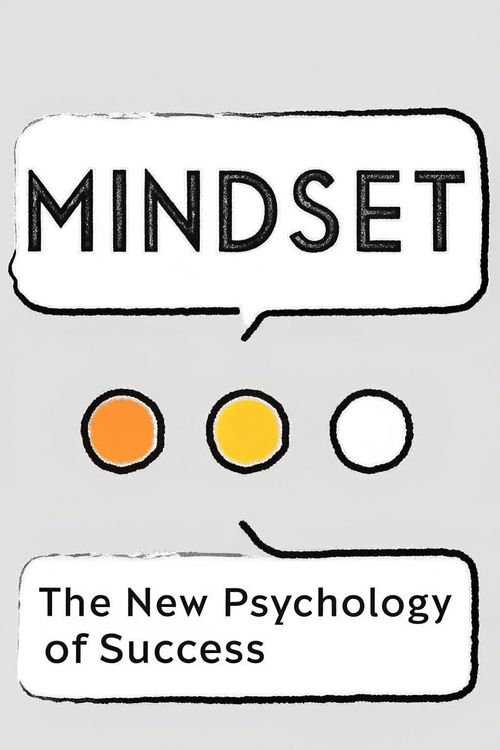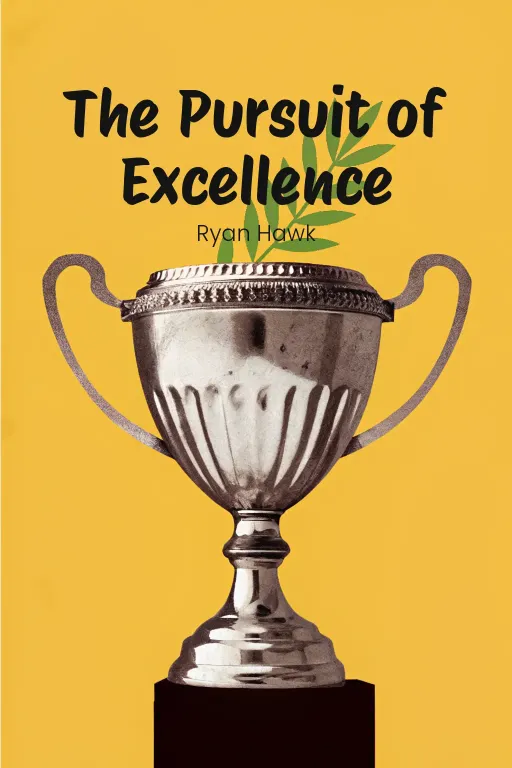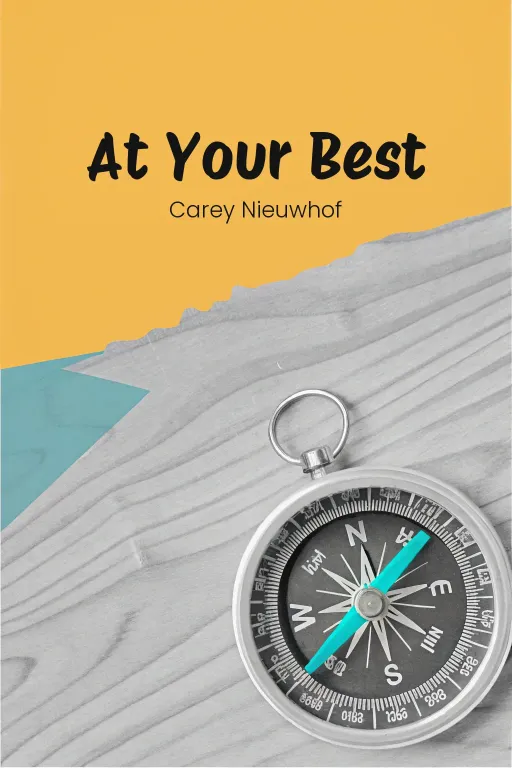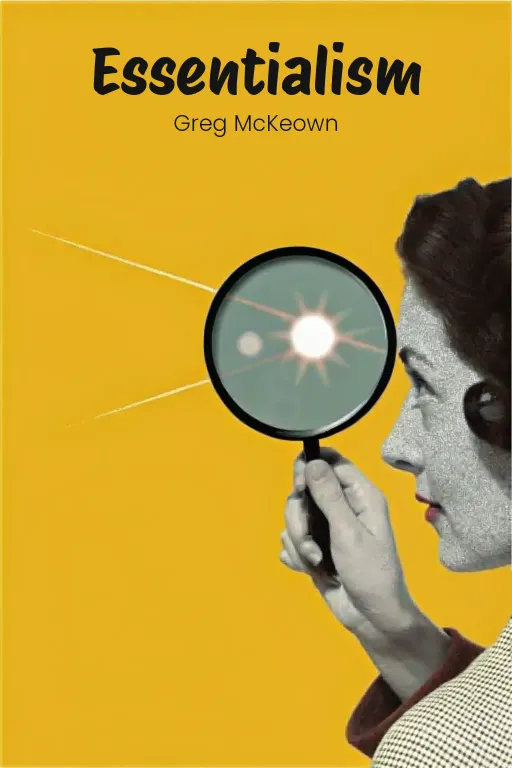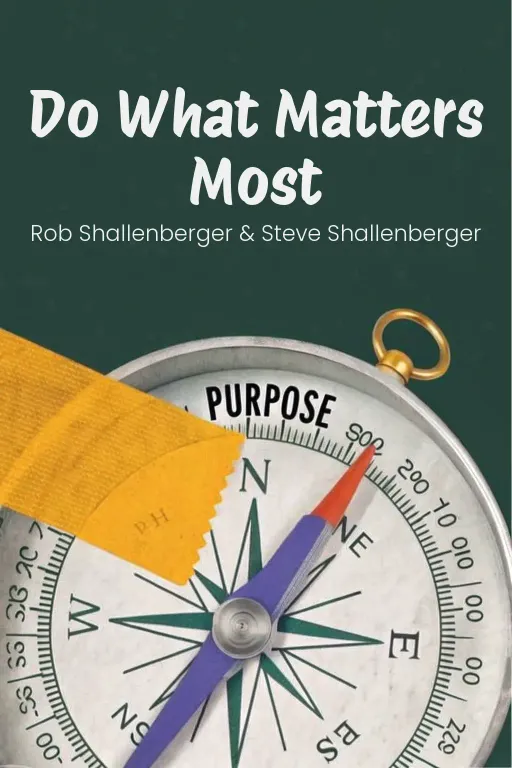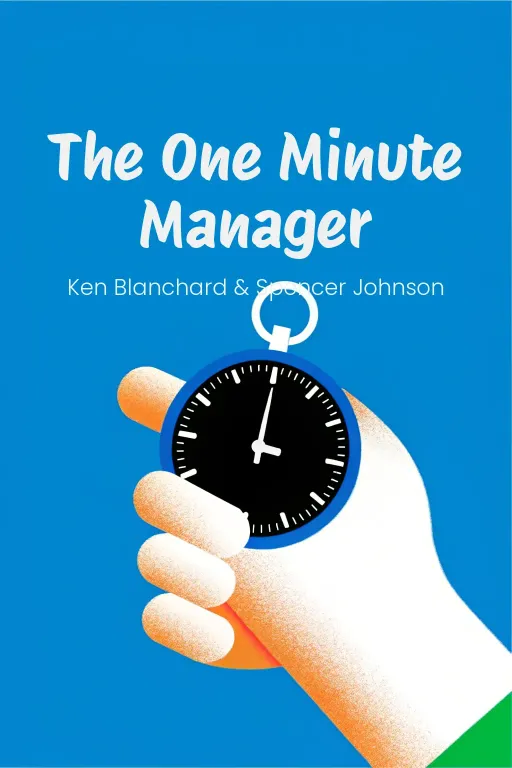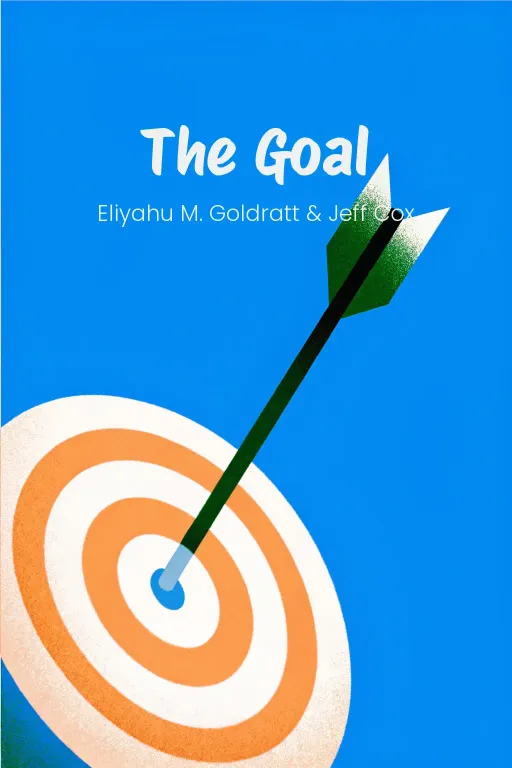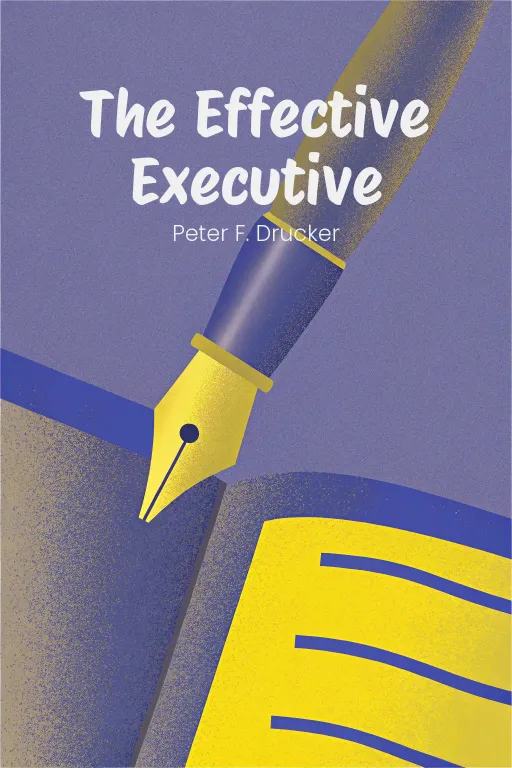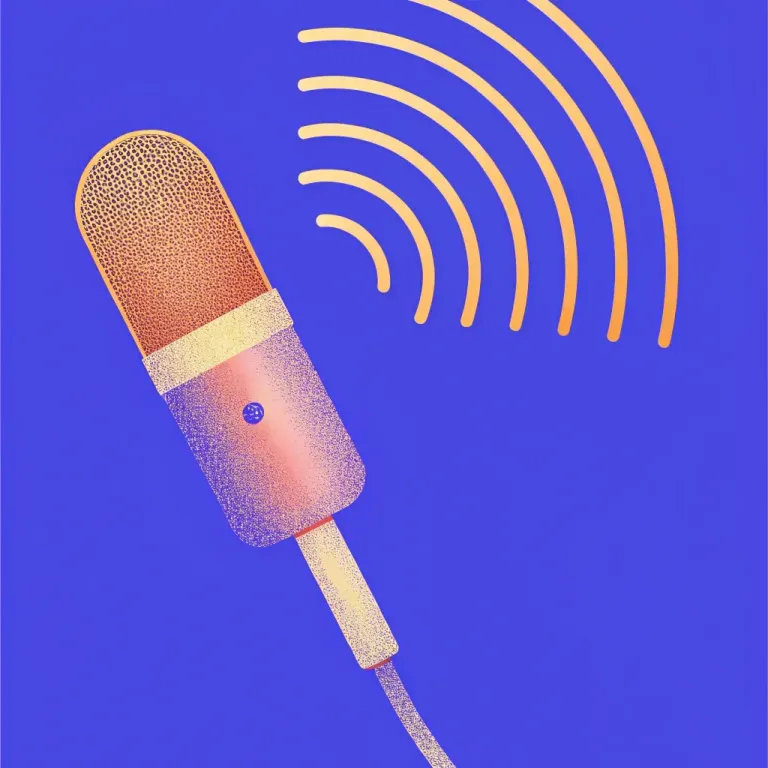
Connect Deeper: Empathy's Power Revealed
Podcast by Beta You with Alex and Michelle
Living and Leading When Nobody Can Focus
Introduction
Part 1
Alex: Hey everyone, welcome back! Today we're talking about something fundamental: how we connect. I mean, how often do you really feel like someone gets you? Or, let's be real, how often do you truly listen? Michelle: Right? And you know that feeling when you think you've had this amazing, heart-to-heart, only to find out the other person walked away with a totally different impression? Classic! Alex: Exactly! That’s why we’re diving into Bento Leal’s 4 Essential Keys to Effective Communication. It’s basically a guide to building better relationships across the board—from your partner to your family, even those colleagues who love shouting in emails. The book's about four core skills: empathic awareness, listening, speaking, and of course, dialogue. The goal? Build real understanding, trust, and connection by putting empathy first. Michelle: Four keys, huh? Sounds like we're cracking the code to human connection. No small feat! So, Alex, what's our plan of attack today? Alex: Great question! We're going to dig into three core ideas. First, we'll explore why empathy is absolutely essential for meaningful relationships. Then, we’ll get practical—the nuts and bolts of empathetic listening and speaking, which is way more than just nodding along. And finally, we'll look at how to break down those communication barriers and build deeper connections. Think of it as gardening: plant seeds of understanding, nurture them with dialogue, and weed out the misunderstandings. Michelle: Okay, I’m on board. If empathy’s a garden, let's just say I've probably been drowning my plants. Hopefully, this book can teach me to keep them alive.
Empathy as the Foundation of Communication
Part 2
Alex: So, Michelle, we've laid out the roadmap, gone over the keys, and even tended to the garden of empathy. I think you're convinced it’s a Big Deal™. So, let’s get down to brass tacks: why is it the “bedrock” of all effective communication? What gives it its special sauce? Michelle: Precisely! What's the secret ingredient? Alex: Empathy is really the emotional superglue that sticks relationships together. It's way more than just a warm, fuzzy feeling. It's about sincerely understanding and sharing someone else's feelings. Not just, you know, passively listening or tossing out a "That's rough, buddy." When you genuinely empathize, you connect on a much deeper human level because you're recognizing their humanity and their viewpoint, even if you don't see eye to eye. Michelle: So, less about agreement, more about... stepping into their shoes? Like borrowing their perspective for a while. Alex: Absolutely! Think of it this way: empathy allows you to "see" emotions that aren't always verbalized. It's the subtle cues, the underlying feelings beneath the surface of someone's words that often carry the real weight. For example, you know, if someone is complaining about a work issue, the root might not be project frustration. It might come from something deeper, like feeling undervalued, feeling overwhelmed, or facing some other emotional undercurrent we’re not immediately seeing. Empathy allows you to get to the bottom those core emotions, not just deal with the surface-level symptoms. Michelle: Ah, the magic key opens the door to understanding! Am I right? Alex: Correct! Michelle: And I imagine having this ability to decipher emotional subtext would turn you into everyone's favorite person, right? So what's the tricky thing about empathy? Alex: <Laughs> The trick is that it takes conscious effort. Empathy isn't just passively sitting and listening. And yes, when you tap into it, it transforms how people feel about you. Empathy builds trust because it makes people feel seen, valued, and understood. Michelle: Okay, okay. Moments like that are undeniably good. But let's poke a hole in this a little. How do you stop empathy from turning into sympathy, where it's more "Oh, poor you" instead of "I get what you're going through"? Seems like a fine line. Alex: It is, and that's a vital distinction! The key difference is that sympathy often involves pity and can create distance, like saying, "I feel bad for you, but I'm over here, and you're over there." Empathy, on the flip side, lets you to step right into their life, saying, "I'm here with you, and I understand." It's about connection, not condescension. Michelle: Hmm, I see. Empathy's a bridge, sympathy is just a brief interaction where one can only wave on the shore. In very real terms, how does that translate? Alex: Great question! Let's move on to tools. First up, active listening is key. It's about quieting your own inner thoughts – your internal commentary, your urge to jump in with guidance, and truly immersing yourself in what the other person is saying. Michelle: Okay, so basically, no more imaginary arguments in my head while someone's talking. Noted. What else have you got? Alex: It also involves paying attention to “nonverbal cues”. Take, for example, when someone says, "I'm fine," but their posture is slumped, and their tone is tense. That's a signal! When you notice those subtleties, acknowledging them by saying something like, "You seem a bit off – want to talk?" can open the door to deeper discussion. Michelle: I like that. Instead of feeling like you're digging, you're only holding up a mirror to what's already there. What about this "reflective validation" you spoke of earlier? Alex: Ah, yes! Reflective validation turns the game around. It's where you paraphrase or summarize what someone has shared to show you really get it. For instance, if a friend says, "I'm slammed at work and feel like I can't get ahead," you could respond, "So it seems like you're feeling stretched thin and frustrated by not being able to catch up. Does that sound right?" Michelle: Okay, what if you totally miss the mark? Like, if I say, "Sounds like you're stressed about work," and they snap back, "No, I'm not stressed – I'm angry!" Can empathy ever backfire like that? Alex: <Laughs> Great point. Missteps happen, but it's part of the journey. When someone corrects you, don't get defensive. View it as a chance to fine-tune your understanding. If they say, "No, I'm angry," follow up with curiosity: "Okay, I hear that. What's making you angry?" Empathy is a dialogue, not a one-off transaction. Michelle: It sounds like you're saying empathy isn't just a skill – it's a mindset. You approach conversations with real curiosity and a true desire to connect. Alex: Spot on, Michelle. And speaking of mindsets, there's this great story from the book that really illustrates the power of empathic listening. The author realized during a relationship skills class that, even though he considered himself a good listener, he'd been missing emotional cues for years. He reflected on how his mind would wander when his wife and kids were talking, trying to fix their problems instead of listening. Michelle: Oof. Yeah, I've been there. It's like having a mental checklist going while pretending to pay attention – never a good outcome. Alex: Exactly! He realized that his listening habits weren't just a matter of his ears. From then on, he really focused on hearing his loved ones' feelings, not just their words. As he embraced empathy, those relationships deepened in ways he never imagined. Michelle: That's powerful. It's a great reminder that improving communication isn't just about "fixing" other people – it's about fixing how we show up in conversations. Alex: Exactly! Couldn’t have said it better myself. Empathy starts within us. When we approach conversations with an open mind and a calm heart, we invite others to feel protected. And that’s when the best things happen. Michelle: Alright, Alex. I'm about to embrace this miracle of seeing through other's eyes, instead of pouring water on my empathy garden.
Empathic Listening and Speaking Skills
Part 3
Alex: So, Michelle, empathic listening—it’s way more than just a polite nod or waiting for your turn. It's really about diving into someone’s emotions, giving them your undivided attention. Think of it as peak respect in communication - it tells them, "Hey, you matter. What you think and feel is important." Michelle: Okay, I get that, Alex. But let’s keep it real, talking about it is way easier than actually doing it. If listening like this is so game-changing, why isn’t everyone doing it all the time? Alex: Because it takes work, Michelle. Real, intentional work. A lot of the time, we're too busy with our own thoughts, planning what we’re going to say, or even trying to multitask while we're talking to someone. Empathic listening means turning all that off and just being there. Michelle: So, step one is kicking the noisy committee out of our heads? Alex: Exactly! You start by calming your mind—that means setting aside your assumptions, your judgments, and that urge to jump in and "fix" things. The book calls it "quiet your mind," and it's crucial, because otherwise, you’re just reacting, not really listening. Imagine approaching a conversation ready to absorb, not respond. Michelle: Got it. I’m picturing myself as a monk, all peaceful and observant, just soaking up everyone’s brilliance. But, seriously, what happens when the other person's just droning on about something super boring? Like, how their day at the coffee shop was a total disaster because someone ruined their latte art? Alex: Aha, that's where nonverbal cues come into play! Empathic listeners don’t just listen to the words; they’re also watching those little emotional signals—their tone, their face, their body language. These nonverbal cues can hint at what's really going on. Maybe that ruined latte art is a symbol of how stressed or undervalued they feel, right? Michelle: So, spilled lattes are secretly emotional hand grenades—check! But if I do pick up on those hidden vibes, how do I respond without making things worse? Alex: That’s where reflective validation comes in. It’s showing the person that you’ve understood them, mirroring back their feelings and the actual content of what they said. So say your friend at the coffee shop says, "Ugh, the day was chaotic, I don’t even know why I bother," you could say, "It sounds like you felt super overwhelmed and discouraged because things went off the rails today. Did I get that right?" Michelle: I see. You're not offering solutions; you're holding up a mirror so they feel understood. Alex: Exactly. Sometimes, people don’t need solutions; they just need to know that someone gets it. But, reflective validation isn’t just for emotions—it works for facts, too. If someone's explaining a complicated issue at work, summarizing it and asking, "Did I understand correctly?" can avoid misunderstandings. Michelle: Okay, but here’s my question: what if you’re talking to someone who just doesn’t want to open up? You know, the one-word-answer types? Using reflective validation feels kind of… risky with them. Alex: That’s a great point! It can feel risky, but empathic listening isn’t about forcing it. Sometimes, a gentle observation, like, "You seem a bit quiet today," offers a small, safe opening. And, if they don’t take it, that’s okay. Empathy’s about making space, trying, but not barricading the vault open. Michelle: Alright, listening is about offering space and safety. What about flipping the script: speaking? How do you express yourself without messing up the empathic balance? Alex: Empathic speaking really comes down to clarity and respect. A big part is using "I-statements." They shift the focus from blaming to owning your feelings. It’s vulnerable, but it’s also constructive. Like, instead of saying, "You're so inconsiderate for not helping with dinner," you say, "I feel overwhelmed when I have to cook alone because I'm exhausted afterward." Michelle: So, instead of throwing verbal grenades, you're leaving a trail of breadcrumbs toward understanding? I guess, one keeps the peace, and the other blows up the house. Alex: Precisely! “I-statements” lower defenses, making the other person more open. Another key is organizing your thoughts, this avoids rambling and keeps things clear. Focus on one point at a time to keep the conversation on track and productive. Michelle: And I'm guessing that silence is just as important as the words you use, right? Alex: Exactly, Michelle, you’re totally getting it! Strategic pauses are another gem of empathic speaking. They give the other person time to process and invite them to chime in. Strategic pauses make all the difference between a monologue and a real dialogue. Michelle: Okay, let me try this out. "Hey Alex, you know, I've been thinking about what you said… [pause] and it turns out, silence can be incredibly powerful in building connection." Nailed it? Alex: Almost! If you’d said, "Thank you for pointing that out—it’s really made me rethink my own communication," you’d also hit another key: showing respect and appreciation. Especially during tense situations, showing that you value the other person can ease the tension and help build bridges. Michelle: And what if they still don’t appreciate my masterful empathy? Alex: Keep practicing! Empathic listening and speaking aren’t skills you just learn once and you’re done. They’re habits you build over time, you know? Remember, the goal isn’t perfection—it’s connection. Michelle: Well, count me in! If I can improve how I connect with people and avoid petty arguments, I'd say that's a win. Alex: That's the spirit, Michelle! As one of my favorite writers says “Practice makes the empathy garden grow.” So, are you ready to put these skills to the test? Really, ready?
Overcoming Barriers and Nurturing Relationships
Part 4
Alex: So, mastering these skills really boils down to tackling those common communication barriers. It's about identifying where conversations tend to stall, addressing those roadblocks, and discovering practical ways to build healthier connections. Honestly, this is so crucial because it links back to empathy—it’s really the bedrock for overcoming challenges and encouraging long-term personal growth. Michelle: So, if I'm hearing you right, our empathy garden has sprouted some weeds that need a good pulling, huh? Okay, let’s dive into these "barriers." Are we talking surface-level stuff, like ghosting someone, or are we going deeper? Alex: Oh, much deeper! There are several ingrained habits that act as communication blockers. Think things like “mind reading”, immediately “rehearsing responses”, and “being judgmental”– those are some frequent ones. These behaviors are often subtle, but they can really impact how well we connect with others. Michelle: Alright, my curiosity is officially piqued. So, this "mind reading"—are we talking about people who genuinely believe they have telepathic abilities? What's the deal? Alex: Well, in a sense, yes. It’s when you jump to conclusions about what someone else is going to say or what they’re thinking, instead of really hearing them out. Like, if a friend starts to talk about a problem you’ve heard before, you might think, "Oh, I know where this is going," and mentally tune out. The problem? You miss potentially important nuances or new emotions they're expressing, which can make the other person feel unimportant or unheard. Michelle: Okay, so instead of actually engaging, you’re just leaping ahead based on your "mind-reading superpowers." Got it. And rehearsing responses? I think I might be guilty of that one. Alex: Rehearsing responses is what happens when, instead of fully listening, you're already crafting your reply while the other person is talking. It's often driven by impatience or the desire to sound intelligent, but it essentially sends the message, "What I want to say is more important than what you're saying." This doesn't just shut down real dialogue; it also makes the speaker feel dismissed, you know? Michelle: Hold on a second. Are we saying I'm supposed to just sit there, blankly, in conversations and not even think about what I'm going to say next? Isn't that how you formulate a proper response? Alex: That’s a fair question. It’s less about not preparing at all and more about holding off until the person has finished their thought. If you wait, you ensure your response is actually rooted in what they were saying, not what you thought they were going to say. It completely changes the dynamic—from just talking at someone to having a real conversation with them. Michelle: That makes sense, actually. So, what about judging? How does that creep into our conversations? I mean, nobody wants to admit they’re being judgmental, even if they know it's true. Alex: Judging often manifests in subtle, unconscious ways during discussions. It’s when you're evaluating the speaker or their message internally while they're talking, forming opinions like, "Oh, that’s wrong," or, "They're just overreacting." This breaks down the flow of connection, because instead of being open to what they're saying, you’re closing yourself off to understanding their emotions or point of view. And as soon as someone senses judgment, they're likely to either shut down or get defensive. Michelle: So, in brief, mind reading, rehearsing, and judging are all ways of tuning out. You're physically there but completely absent emotionally, as if you're giving them the silent treatment. Alex: Exactly, Michelle. And the first step to fixing these blocks is to actually recognize that they're happening! Once you’re aware of the habits that sabotage real communication, you can start replacing them with more intentional practices. Michelle: Such as? Alex: Well, I’m glad you asked! Let's start with “being present”—it’s so underrated but it can be transformative. It’s about really immersing yourself in the moment with the speaker. Simple things like making eye contact, putting your phone away, or focusing your thoughts only on the conversation send a strong message: "I’m here with you." Michelle: That sounds great in theory, but doesn't it get tricky in emotionally charged situations? Like when someone’s unloading on you and you’re tempted to either fix their problem or defend yourself? Alex: That’s where “mindfulness exercises” can really help. Taking a deep breath or pausing for a moment before responding can do wonders to calm both your mind and your emotions. It gives you that mental space to really listen without just impulsively reacting. This is especially helpful if the topic is heated—it keeps you grounded and allows you to engage productively. Michelle: I see. And once I'm grounded and present, is that the time to pull out the heavy artillery, like reflective listening? Alex: Precisely. Reflective listening is an extremely useful tool for breaking down barriers. It’s really just about paraphrasing what the other person says to show you understand their emotions and to ensure you're both on the same page. For example, if someone says, “I’m so frustrated—I feel like my opinions aren’t being taken seriously in meetings,” you could say something like, “So it sounds like you feel dismissed and like your opinions aren’t being valued. Is that right?” Michelle: And if I somehow manage to nail that, does the other person throw a parade in my honor? Or do I run the risk of being told I totally misunderstood them? Alex: If you get it wrong, don't worry! It’s not about being perfect. It’s about showing that you’re making a real effort to understand. And if they correct you, that’s actually a good thing—it means they feel safe enough to clarify their feelings. Reflective listening fosters that feeling of emotional safety, which is essential for meaningful dialogue, right? Michelle: Okay, I'll give reflective listening a shot. But what about those people who just don't seem to want to engage? You know, the ones who respond to everything with, "I’m fine," even when you can clearly tell they're not? Alex: For those situations, start small. Saying something like, “You seem a little off—want to talk about it?” can gently open the door. But if they’re not ready to talk, you've got to respect that. Empathy is about creating a safe space, not about forcing someone to share. Michelle: That makes sense. So, let's say I've somehow mastered listening—how do I level up my speaking skills? Alex: That’s where “empathic speaking” comes into play. A huge part of this is using "I-statements," which shift the focus away from blame and toward expressing your feelings and needs. Instead of saying, “You always ignore me during dinner,” you might say, “I feel hurt when I don’t get a response during dinner because it makes me feel unimportant.” Michelle: That tiny shift can change everything. Instead of accusations, you’re opening the door to being understood. Any other tips? Alex: Yes—be concise and clear. Rambling can confuse your message and overwhelm the listener, you know? Stick to one idea at a time and give them a chance to respond. And remember the power of pauses. A well-timed pause not only gives the listener time to process what you’re saying, but it also demonstrates that you value their input. Michelle: So, if I'm understanding you correctly, empathic communication is like a dance—the listening builds the rhythm, and the speaking adds the melody. When it’s done right, it’s a harmonious experience; if it’s not, well, it’s a train wreck waiting to happen! Alex: That’s a great analogy. Communication is all about balance, effort, and a willingness to engage authentically. When we use these tools, we transform not just how we communicate, but also the quality of our relationships.
Conclusion
Part 5
Alex: Okay, so today we really dug into empathy, didn't we? Explored its power as the bedrock of truly effective communication. From, you know, redefining listening by quieting our own inner chatter and really noticing those nonverbal cues, to speaking with both clarity and vulnerability… we covered some ground. Michelle: We certainly did. And those communication barriers – mind reading, mentally rehearsing what we're going to say, and making snap judgments – those are insidious! Recognizing and actively fighting those habits is probably the toughest part, but potentially the most rewarding, right? Alex: Absolutely. Empathy isn’t just a tick-box exercise; it’s a whole way of thinking, a mindset to nurture. The tools we talked about – reflective listening, those I-statements, and just being intentionally mindful – can really boost our connections, whether at work, at home, you name it. Michelle: So, here's a thought. What if everyone tried just one empathic practice this week? Could be truly listening without distractions, maybe reframing a difficult conversation using "I-statements." Just pay attention to how it shifts the dynamic. Alex: Exactly! Because the core idea is pretty simple: when people genuinely feel heard and understood, relationships thrive. So, let's try to replace those autopilot conversations with real, meaningful connection. Are you in? Michelle: Ready or not, Alex, it’s time to crank up the empathy! Let’s just hope the world is ready for my revolutionary reflective listening skills.
